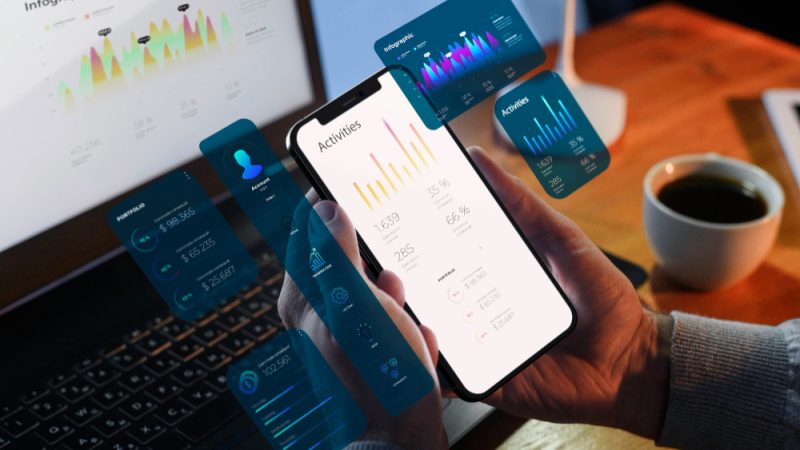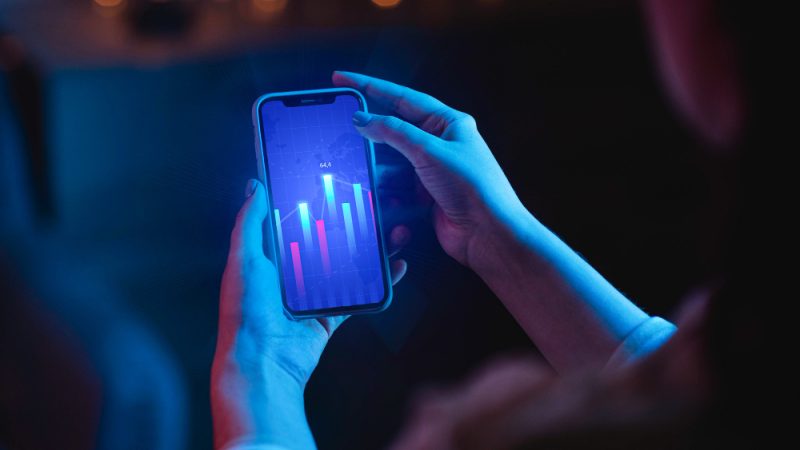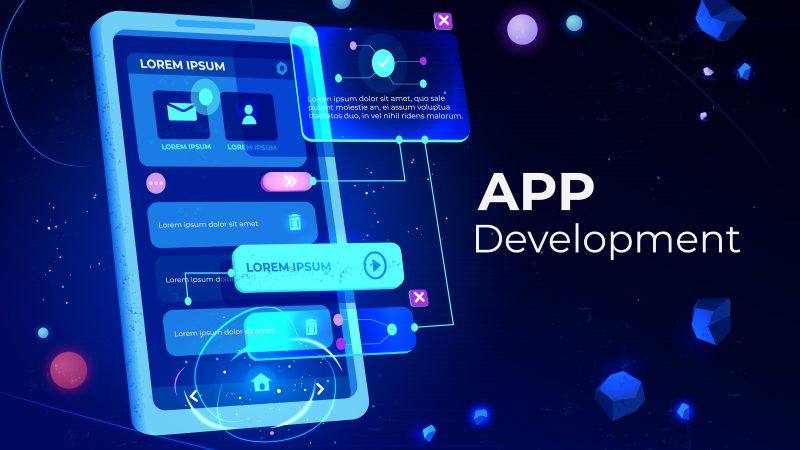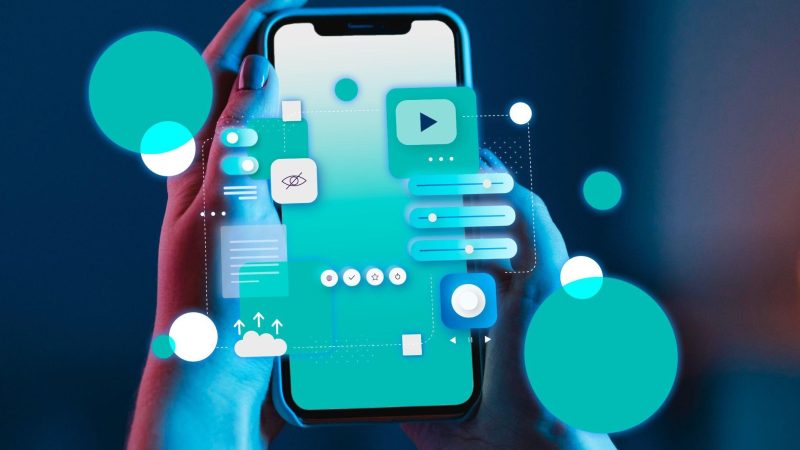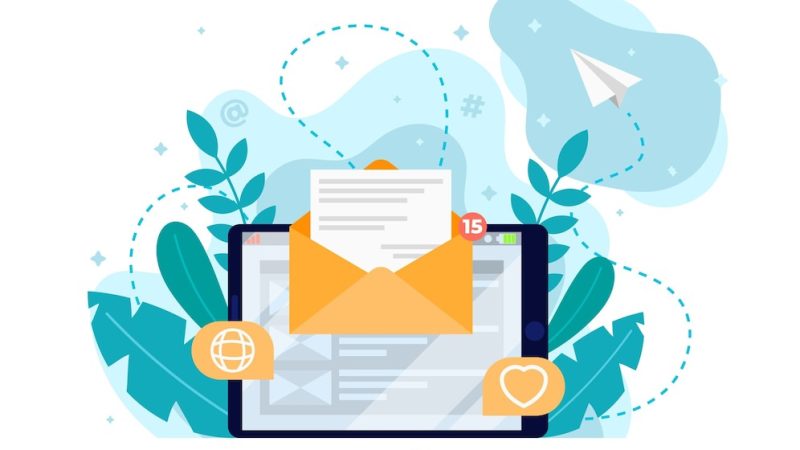What Are The Essential Steps of Developing A Mobile Gaming App?
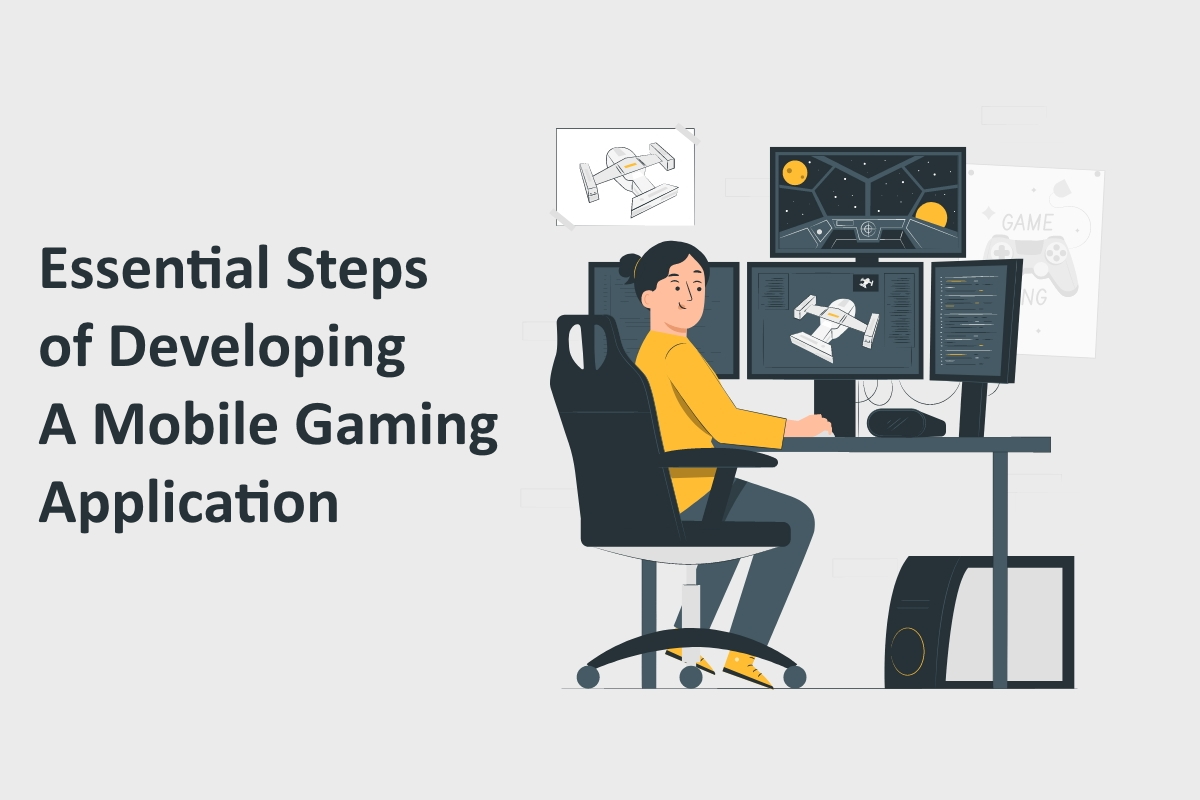
In the year 2021, the share of mobile gaming in the gaming industry was expected to reach 59%. It depicts that the numbers are going to rise to a great extent, all because of the increase in demand for mobile games. Furthermore, the value of HD gaming is increasing because of some unmatched features that HD games offer on mobile devices.
The share for HD gaming has also experienced a rise of almost 38% in total. When a mobile game is to be developed, the project has to go through several steps to ensure that the outcome is as expected. Knowing the different steps involved is as important as being aware of all the tech tools available to make your project a huge success.
By following the right set of development methodologies, a mobile app development company can build an impressive and successful gaming app. Our blog shares the stages involved in the mobile app development procedure to ensure it comes out as expected.
Stages of Mobile Game Development
1. Game Idea
Without an idea, you cannot get started with the app development process. That said, to initiate the process of getting a mobile app developed, you need to have a robust game idea that will be unique in the competitive market. You can take inspiration from other successful games in the market or can have a new and interesting idea. Your idea must chalk out all the essential points that the developers will need to develop your app.
When you ask mobile app developers to develop a game for you, they may ask you a few basic questions, and so you should prepare yourself for the same. A few example questions include: who will your target audience be, what will entice a player to play your game, whether your game fulfills the gamers’ requirements, what surprise elements do you want to integrate into your game for your players, etc. When building a game idea, you should ask such questions yourself and answer them so that you can answer them confidently when the developers shoot them at you.
2. Writing A Game Design Document
A game design document or GDD is beneficial since it lays out the game development processes and helps the team organize them accordingly. Though, you should know beforehand that this document never remains the same as when you started initially. The document itself goes through many edits and modifications throughout the process. Along with the enhancements and modifications in the project, the document gets edited as well.
There are a few essential things that this document should contain, like, story, art, assets, gameplay, characters, UI/UX, accessibility, key features, etc. In short, this document will cover all the different aspects of the game and serves as a guideline for the entire team working on that project. Based on the complexity of your game, it may take you somewhere around 1 to 3 weeks to create this document.
3. Creating Technical Specifications
What devices do you want to target, that said, do you want to develop a mobile app for iOS or Android? These are a few basics that you want to answer to make sure that your app performs as expected. You can hire mobile app development services to get a mobile game built either for iOS, Android, or both. Keep in mind that the choice will impact your final cost of a mobile app.
Also, you will have to decide before the development team gets started with the procedure. The process of deciding on the technical specifications takes around 2-3 weeks.
4. Prototyping
The developers create prototypes to specify the details of their gaming app, which include visuals and graphics. The prototypes serve as a guide to the developers and designers, and it helps them develop their apps. The prototype enables them to stick to the same style required in the mobile app, irrespective of their role in the project.
Motion designers, illustrators, or graphic designers, each role in the development process leverages prototypes developed.
5. Designing The Game
Efficient prototyping ensures a high level of understanding among each team member present in the team. When the team is designing the game, the game gets the visuals at an early stage to know how it looks. They integrate different elements in the game like assets, characters, interface, etc. The design of the game can take anywhere from weeks to months.
6. Programming & Testing
Two steps are involved in this stage. The images in the design will remain images only and will not be included in the code. To bring the game developed to live, developers will have to write code, set up the server, API, database, etc. The programming stage involved the implementation and design of the logic. Furthermore, this step involves a lot of time, and even a simple game with basic logic can take at least a month.
You may assume that programming is the final stage of developing a game, but the process doesn’t end there. Testing is a crucial step and is just as important as programming. Tester helps detect all malfunctions of an app. At least a week will be spent in testing the functions of an app in terms of proper build, stress-testing, etc.
7. Releasing
You should know that releasing a game in the App Store or Play Store takes time. Having said that, your game gets reviewed by the respective store before it is being released in the market to be used by end-users. The system may take around 1-3 days to approve the game.
Conclusion
Technological advancements have led the trend of mobile games to new heights. Gone are the days of traditional snake games these days, and people are more after playing games that are technical, alluring, and require a bit of mind work. The increase in usage of smartphones has resulted in the demand for mobile games, and so the industry is growing competitive. Before you hire a mobile app development company, you need to have a robust idea for your mobile game to stand out in the market. Experienced companies have in-depth knowledge of each step involved in the app development process, ensuring the best results.
Author Bio:
A Technology Enthusiast. Blogger & Author by passion. Whether you talk about passion or profession, by both I am a writer! I am a Guest Author on many reputed sites and have been sharing my knowledge for many years now.

